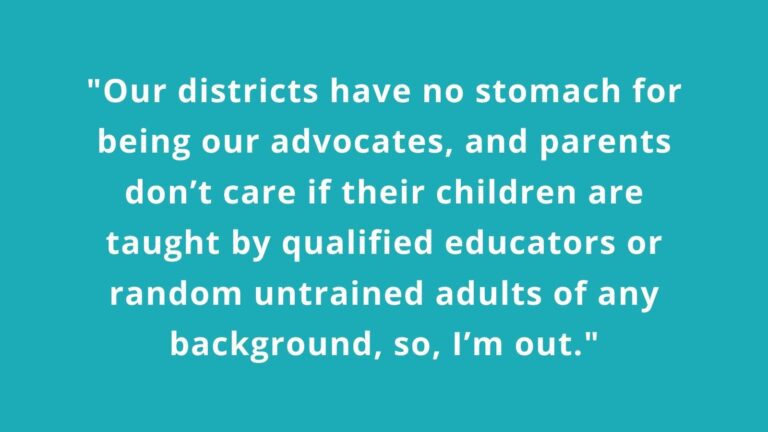I’m working on writing a middle grade book. I love to write. I read loads of middle grade books. I’ve friended every middle grade author I know on Facebook and enjoy reading about them. But when I sit down to write, it’s not that fun. In fact, it’s frustrating and stressful and time-consuming. Because the truth is that hard work isn’t really that much fun.
So why do we send the message, intentionally or not, that school should be FUN?
Indeed, there’s a relentless pressure on social media and teacher Facebook groups that every single lesson we design should not only meet a learning standard but also be SUPER ENTERTAINING. We’re always on the hunt for those unicorn activities that teach curriculum but in a way that feels like a game!
I think somewhere along the line, we’ve confused fun with engagement. Because the truth is, hard work can be the most engaging work of our lives. And by saying things like we’re writing informational reports that are going to be super fun, we’re giving students the message that if it doesn’t feel fun they must be doing it wrong. The truth is that hard work benefits kids just as much as play does.
Here are five ways to talk about hard work more truthfully:
1. Hard work gives you dignity.
A therapist once told me to leave any situation where I don’t retain my dignity. I hold that tenet close to this day. Give your students dignity by having high (but reasonable) expectations that require hard work and perseverance. Kids naturally want to make a meaningful contribution, so you need to give them the opportunity. Doing hard work “because I say so” is not meaningful. Brainstorm with kids reasons why hard work is necessary as a process. Start them off by talking about mowing the lawn or practicing free throws. Start where they are and guide them into thinking about why reworking math problems or essays is doing the hard work as well.
2. A hard-work habit is a good strategy to develop.
When we take our kids seriously, they take themselves seriously and rise to the occasion. Developing the habit of hard work requires opportunities to practice. If we’re always making things fun and easy, there is no practice. Be sure to assign hard work that helps kids practice and feel challenged by the lessons you teach. Tell them it’s going to be hard but also tell them that you believe they can rise to the challenge. Teaching kids to set appropriate goals for themselves is a great way to get them to think about what to put work hard toward achieving.
[contextly_auto_sidebar]
3. Identify the problem and then work on solutions.
Explicitly teaching kids how to identify a problem and develop solutions is an excellent way to get them going. All too often people are reactive instead of slowing down to identify what needs solving. When problems become concrete, the possibility that hard work will pay off can help kids persevere. That said …
4. Hard work doesn’t always pay off.
I’ve noticed a startling trend of kids believing that if they put work into something, they will always be rewarded, and that’s just not always true. Some kids are going to get amazing grades without much work. Other kids are going to do poorly even though they put in the hard work. The key here is to be realistic and acknowledge that there will always be a degree of failure in our lives. It’s not such a shocker to have worked hard only to have failed when someone has already warned of its possibility.
5. Hard work comes before fun.
When we tell kids this mantra to use in their heads, we give them a tool for when we can’t be there. This statement also reminds them that there is a difference between hard work and fun. I remind my own children of this all the time. I’m not having fun all day long at work, but I love how hard work challenges my brain, and I love making money. I don’t lie and pretend to love the hard work, but I do explain how connected it is to things I love.
Developing a good work ethic is a never-ending process, so you should be able to find no shortage of instances of hard work to share with kids. Modeling the hard work that goes into maintaining a house or a job shows them firsthand that hard work is necessary and important. Check out these books for talking to kids about hard work and perseverance.
We’d love to hear your thoughts on the role of hard work and fun in schools. Come and share in our WeAreTeachers HELPLINE group on Facebook.


